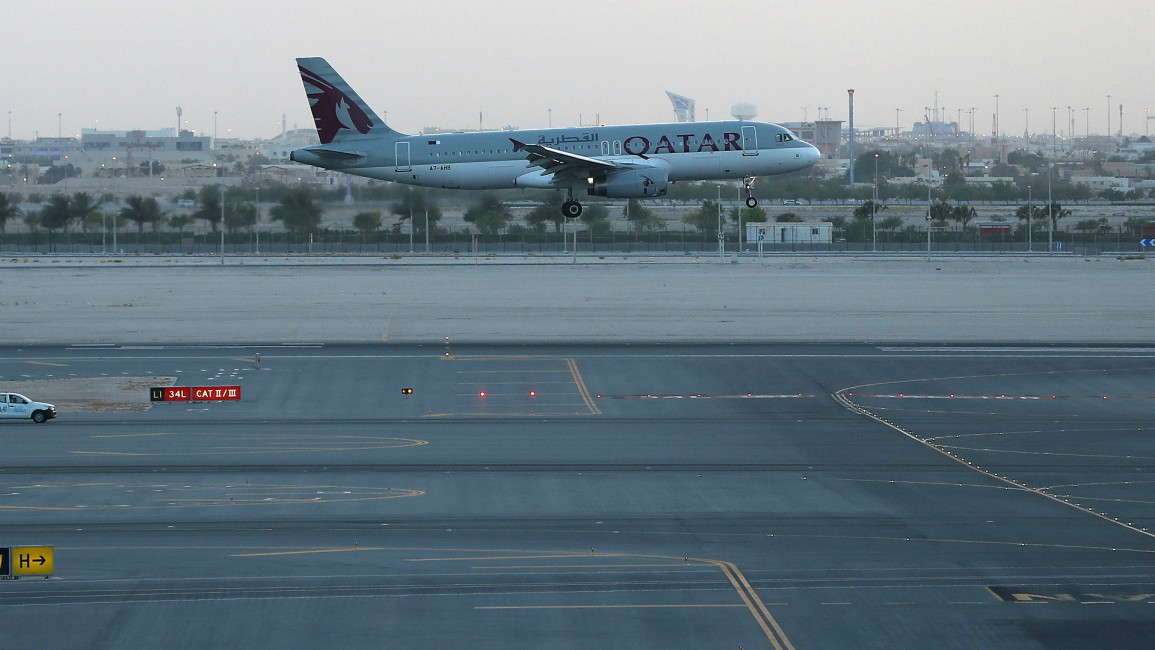Qatar successfully weathering the political storm of Saudi-led blockade, says IMF
The economic impact of nine-month Saudi-led blockade on Qatar is fading, the International Monetary Fund (IMF) said Monday.
The IMF report said that although some economic challenges remain for Doha, negative effects the blockade were "transitory" as Qatar was able to quickly open up new trade routes.
Saudi Arabia, the UAE, Bahrain and Egypt launched a diplomatic and economic blockade on Qatar in June, accusing Doha of sponsoring terrorism, something strongly denied by the Gulf state.
Land, sea and air routes from the blockading parties were closed with Qatar forced to find new trade partners.
Turkey, Iran, Oman among others quickly stepped in and hiked up trade to Qatar.
Foreign financing and resident private sector deposits had fallen by $40 billion, but these losses were offset by cash injections by the central bank and Qatar's sovereign wealth fund, the IMF added.
Qatar has been hit by the slump in global oil and gas prices with austerity measures introduced to cope with the loss in revenues.
This saw non-hydrocarbon growth fall to 4 percent in 2017 from 5.6 percent the previous year, the IMF said.
At 2.1 percent gross domestic product growth in 2017 was only slightly down on the 2.2 percent registered in 2016.
But the budget deficit narrowed to 6 percent of GDP compared with 9.2 percent in 2016.
Although Qatar's economy and banking and financial systems remain sound, but there are still some risks, the IMF said.
"The main risks relate to the possibility of lower hydrocarbon prices, the implementation of planned fiscal measures and uncertainty associated with the lingering impact of the diplomatic rift."
The IMF did warn that an escalation in the rift could worsen the situation, but said if the banking system adjusts to a new funding model Qatar will likely weather the storm.
Qatar's foreign reserves in the central bank also saw an increase of $2.9 billion to $17.7 billion, according to HSBC.
Saudi Arabia and the UAE launched the blockade in June, after with hackers posted fake comments attributed to Qatar's emir on the country's state news agency.
Media from the blockading countries continued to report to these fake statements and demands Doha cut ties with Iran, close a Turkish base in the emirate, and shutter media such as Al Jazeera and London-based The New Arab.
Al Jazeera released a documentary this week revealing Saudi-UAE coup attempts in Qatar.
Agencies contributed to this story.


![President Pezeshkian has denounced Israel's attacks on Lebanon [Getty]](/sites/default/files/styles/image_684x385/public/2173482924.jpeg?h=a5f2f23a&itok=q3evVtko)



 Follow the Middle East's top stories in English at The New Arab on Google News
Follow the Middle East's top stories in English at The New Arab on Google News


